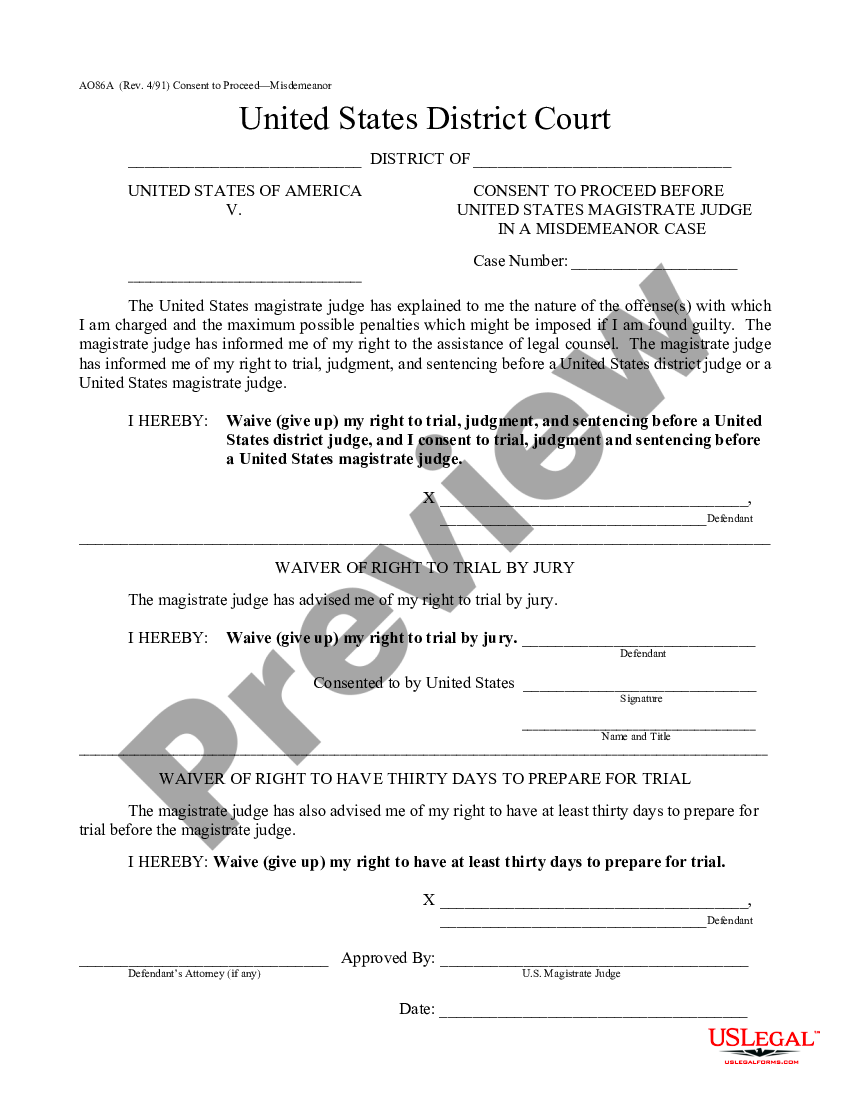Understanding Michigan Annulment Laws
The procedure through which an existing marriage is defined as null and void is known as annulment. Annulment says there was never any kind of marriage, unlike divorce which ends a valid marriage. There are several reasons for annulments in Michigan, and they can lead to different legal consequences for the parties involved. It may affect matters concerning property distribution and child custody. Anyone contemplating this alternative ought to know that Michigan’s annulment has its own set of legal requirements and consequences.
Grounds for Annulment in Michigan

In Michigan, there are particular bases that can justify an annulment. Below are some of the frequent causes:
- Fraud: One spouse deceived the other about essential aspects of the marriage.
- Coercion: One spouse was forced into the marriage against their will.
- Incapacity: One spouse was mentally unable to consent to the marriage due to illness or intoxication.
- Underage: If one or both spouses were below the legal marriage age without parental consent.
- Bigamy: One spouse was already married to someone else at the time of the marriage.
- Impotence: One spouse is physically unable to consummate the marriage.
It’s important to get in touch with an expert in the field if you want clarity about what your situation involves as each of those grounds may not be simple.
Process of Annulment in Michigan

Several stages exist for the annulment process in Michigan that must be adhered to by participants. Below is a concise summary of that procedure:
- File a Petition: You need to file a petition for annulment in the appropriate court, explaining your reasons for seeking annulment.
- Serve Your Spouse: After filing, you must serve your spouse with the petition and any court summons.
- Attend a Hearing: A court hearing will be scheduled, where both parties can present their case. Evidence and witness testimonies may be necessary.
- Receive the Court’s Decision: The judge will make a decision based on the evidence provided. If granted, the annulment will be official.
It is important to remember that legal representation may be more beneficial in this process ensuring all details are covered. The court also requires certain decisions on property division and child custody which are akin to divorce cases.
Differences Between Annulment and Divorce

Deciding to end a marriage can be tricky; annulment and divorce are two different paths but they are important to distinguish between. An annulment states that a marriage was never valid while divorce ends one that is valid. This difference can have repercussions on your rights and duties. This is a more detailed discussion of the differences:
| Aspect | Annulment | Divorce |
|---|---|---|
| Definition | Declares the marriage null and void | Legally ends a valid marriage |
| Legal Status | Marriage is treated as if it never happened | Marriage is recognized as valid until divorce |
| Grounds | Specific reasons such as fraud, coercion, or incapacity | General reasons such as irreconcilable differences |
| Financial Implications | May not require division of property | Involves property division, spousal support, etc. |
| Child Custody | Decided as if the marriage never existed | Decided based on the best interest of the child |
In making a choice regarding whether to pursue an annulment or a divorce, these differences are important. A legal professional may be consulted to help you choose the best path depending on your situation.
Effects of Annulment on Finances
A divorce’s financial aspect can be out of the ordinary with a nullification. The economic implications might not be that deep because annulment regards wedlock as never having happened. Nevertheless, some crucial aspects are:
- Property Division: In most cases, there is no division of marital assets since the marriage is void.
- Debt Responsibility: Debts incurred during the marriage may not be equally shared, as they would in a divorce.
- Spousal Support: Annulment generally does not lead to spousal support obligations, unlike divorce.
- Tax Implications: Since the marriage is considered invalid, joint tax filings may not be possible.
The financial impact of an annulment is an essential aspect to consider, which is why it is advisable to consult with a financial adviser or lawyer who will provide complete comprehension of your rights and responsibilities.
Child Custody and Annulment
When a couple is heading for divorce, one of the most important issues they can think about is child custody arrangement. Because annulment legally means that a marriage wasn’t there in the first place, custody arrangements should be made on the assumption that parents were never individuals in a relationship. Therefore; it’s good to take note of some basic things.
- Custody Determination: The court will determine custody based on the best interest of the child, similar to divorce cases.
- Legal Parent Status: If one parent was not legally recognized (like in cases of underage marriages), custody rights may be complicated.
- Visitation Rights: Courts will consider visitation rights for the non-custodial parent, ensuring the child maintains a relationship with both parents.
- Child Support: Obligations for child support can still arise, as annulment does not negate financial responsibilities for children.
It is important to seek consultation from an attorney whenever child custody cases arise to accomplish the goal of ensuring your children have a better welfare as this would help in handling them in the best way possible.
Common Questions About Annulment
The annulment process can at times seem complicated and many individuals ask significant amount of questions about it. Included below are some of the frequently asked queries and their corresponding answers:
- Can I get an annulment if I have children? Yes, you can seek an annulment even if you have children. However, custody and support issues will need to be addressed separately.
- How long does the annulment process take? The time frame can vary depending on the complexity of the case, but it typically takes several months to complete the process.
- Do I need a lawyer for an annulment? While it’s not mandatory, hiring a lawyer can help ensure that all legal requirements are met and can simplify the process.
- Is annulment public record? Yes, annulments are generally part of public record, just like divorces.
- What are the costs associated with annulment? The costs can include court fees, attorney fees, and other related expenses, which can vary widely based on your situation.
If you have any additional inquiries or distinct issues, getting in touch with a lawyer can help clear your doubts and offer advice depending on your condition.
Conclusion
The significance of grasping Michigan’s annulment legislation is magnified for those opting for this choice. Differentiating itself from other forms of dissolution, annulment has its own bases and consequences. Whether it is on the issue of money, children’s custody or general procedures, being knowledgeable thus can help you deal with such intricacies. When faced with circumstances that necessitate an annulment, do not shy away from seeking judicial guidance.


